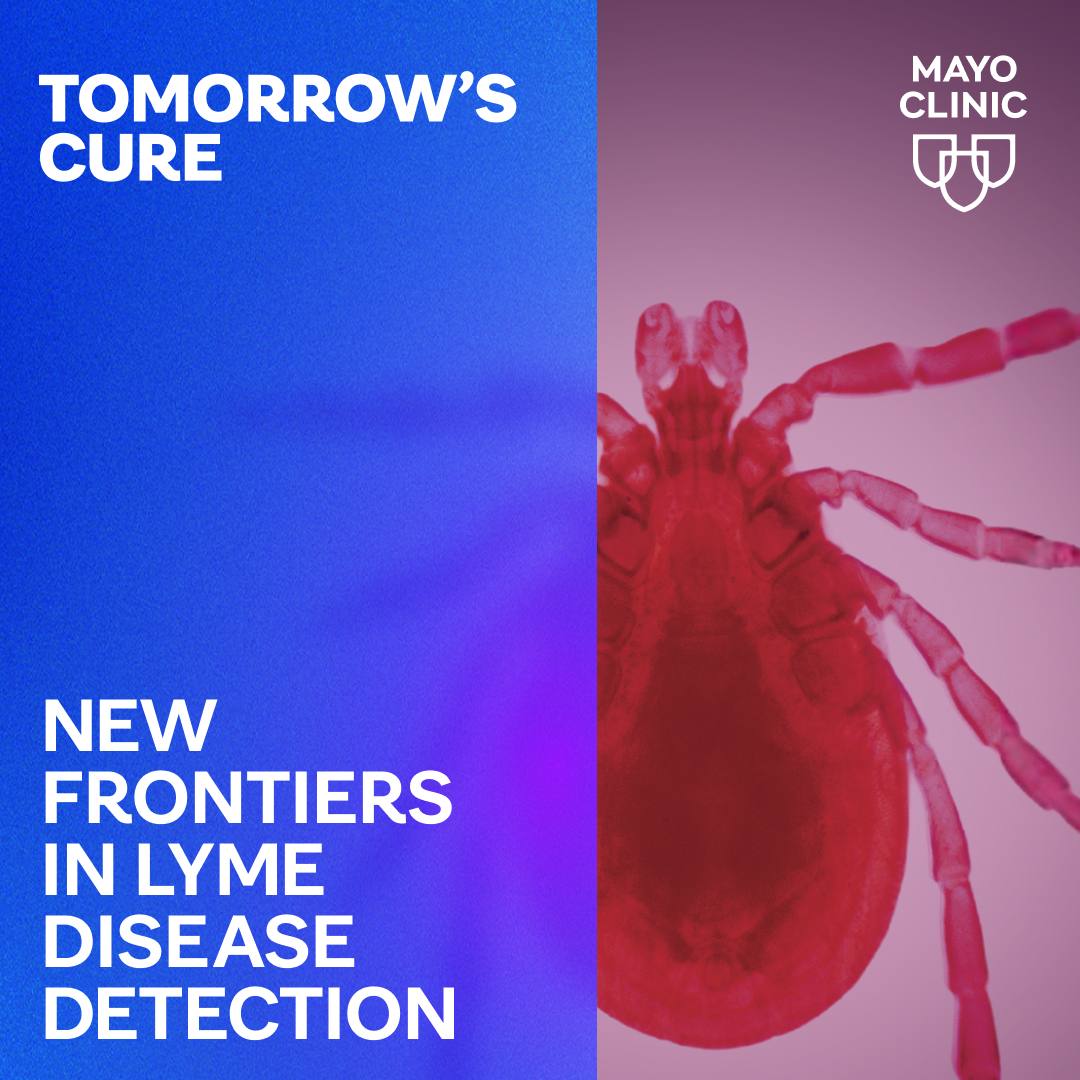If you're ready to hit the slopes this winter, there are several things you can do to stay safe while downhill skiing. Making the right preparations with your equipment and body can help you avoid injury.
Journalists: Broadcast-quality video pkg (0:59) is in the downloads at the end of the post.
Please ‘Courtesy: Mayo Clinic News Network.’ Read the script.
Whether you're a black-diamond downhill skier or a beginner on the bunny hill, injuries can happen.
"Skiing injuries can either be traumatic, and those are the ones we always think about, such as tearing your anterior cruciate ligament, or the ACL," says Dr. Jonathan Finnoff, a physical medicine and rehabilitation specialist at the Mayo Clinic Sports Medicine Center. "Or they can be overuse from just repetitively stressing an area."
Dr. Finnoff says staying safe on skis starts with your head.
"The best equipment from a protection standpoint that you can get in alpine skiing is a helmet," he says. "You want to make sure that you have equipment that fits you, that's well-tuned, that the bindings are set appropriately for your weight and also for you ski level, so that it functions and releases when it's supposed to be releasing."
Dr. Finnoff says to prevent some downhill ski injuries, you should identify any deficits you have in strength, flexibility or balance. Physical conditioning starts with endurance exercises, particularly aerobic, which prevents fatigue. Strength training in your leg muscles helps you maintain control and absorb shock. And balance exercises coordinate your muscles to protect your joints.
And this expert's words of advice for anyone who is just starting out?
"I would highly recommend taking a lesson at your local ski area," says Dr. Finnoff.
With help from a certified instructor, you'll be safer on the slopes.







